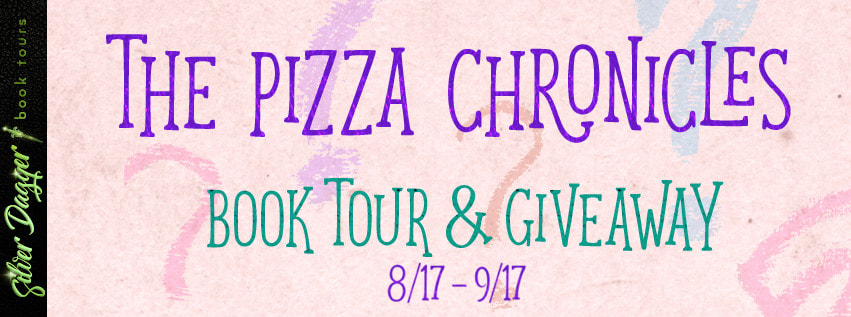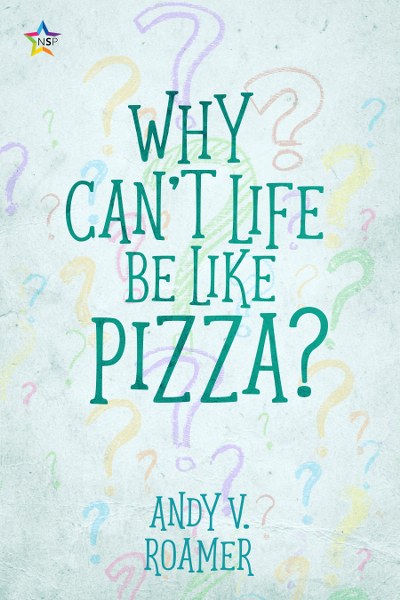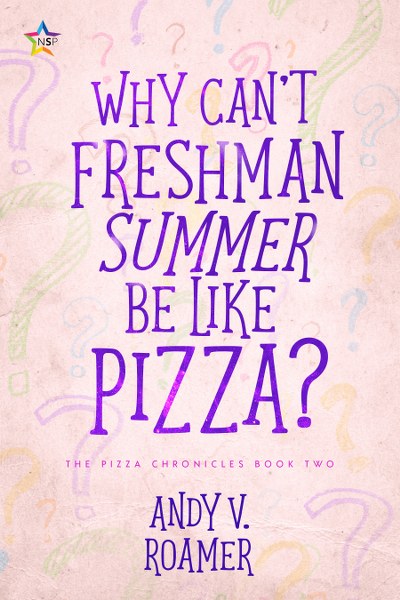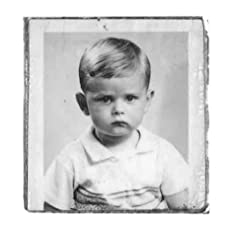
What’s My Heritage?
There is a lot of talk about heritage in THE PIZZA CHRONICLES. RV, the main character, keeps getting pressure to honor his heritage. He’s even told that the Dalai Lama made a speech saying if you neglect your traditions, you are neglecting part of yourself.
“What is my heritage?” RV keeps asking himself. It’s not the traditions of his immigrant parents. He understands why they still cherish them, but they’re not fully his. While he feels a certain responsibility toward the life his parents have given him and the sacrifices they’ve made, he’s trying to make his own life in the U.S. and create his own heritage. But often he has no clue what that heritage will be.
I think a lot of first-generation Americans feel this conflict. I know I did. Growing up, I was fully immersed in the Old World Lithuanian traditions of my parents: church, holidays, festivals, foods, a special Lithuanian school on Saturdays, no talking English at home. These traditions, this heritage, gave me comfort and grounded me. And they were wrapped up in the love from and for my family.
And yet there was something else very important going on, too. A need to fit into the American society I was growing up in. I was so immersed in my heritage, I didn’t learn English until my mother took me to my first kindergarten class when I was five years old. I still remember that day and I remember her talking to the teacher. Later she told me she informed the teacher to go easy on me because I didn’t know any English. Talk about being thrown into the pool and learning how to sink or swim!
Luckily, a five-year-old’s brain picks up language pretty easily, I’m told. Mine certainly did. I don’t remember any particular hardship making drawings and listening to instructions, except for one day a year later in first grade. The teacher asked us to name certain objects. When my turn came, she pointed to herself. “Ladybug,” I answered, having heard that word somewhere and associating it with women. The teacher made me stand up. “You mean I’m a bug?” I remember her asking. I still remember the blush of embarrassment as I stood there in class, upset at myself that I somehow mildly insulted her and didn’t get the word right. Luckily those moments were rare. My brain adapts to languages well. And for that I have always been grateful.
As I think about it, there were many other occasions as I was growing up when I wrestled with that concept of heritage, even if I didn’t consciously know I was doing it. I just knew I wanted to fit into American society. And yet breaking away from those old traditions and finding my own path was sometimes difficult, if not impossible. When you’re a teenager, of course, those conflicts become even more intense. And that’s why I’m writing this series, I think. Reliving the various issues RV is wrestling with, I am reliving some of my own and seeing them more clearly. And that makes me better appreciate both my heritage and the life I have carved out for myself.










Thank you for a little insight to why you wrote the book. I always wondered what it was like for first generation foreigners growing up with 2 different cultures going on and trying to fit in.
Wouldn’t life be better if it were as simple as pizza… You could all have the toppings you wanted. You could share. There would be lots of ways to order. Even vegetarians and those who needed gluten free could be accommodated.
I wonder what a pizza delivery to Congress would look like. Would they cross the aisle and agree on pepperoni and sausage? I’ll be even those who have different belief about climate change and Black Lives Matter could agree on pizza!
The covers are great…just titles to titillate the mind!